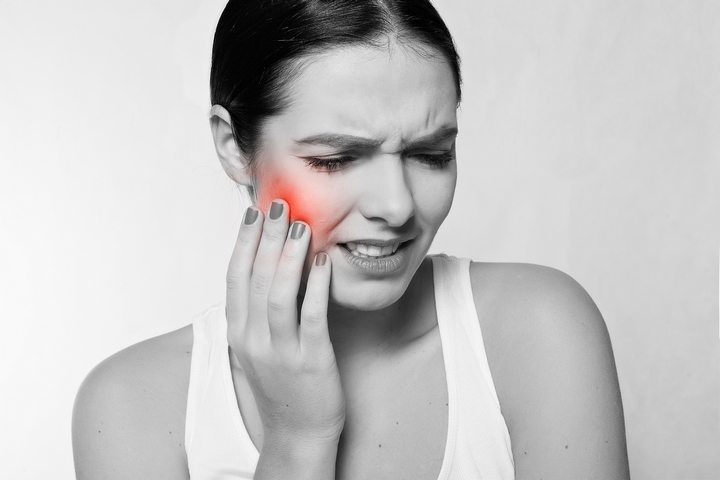Does it seem like your tooth pain gets worse at night? It could be because when you are in your bed trying to sleep, there is nothing to distract you from your pain.
Tooth pin at night could also be because blood rushes to your head when you lie down. Doing this increases the pressure and pain you feel. What matters is that there are different things you can do to relieve this tooth pain so you can fall asleep more easily. Afterwards, visit an emergency dentist Mississauga to ensure you seek treatment promptly. That way, the tooth pain won’t become a recurring problem every night.
Here is how to stop tooth pain at night:
1. Take pain medication
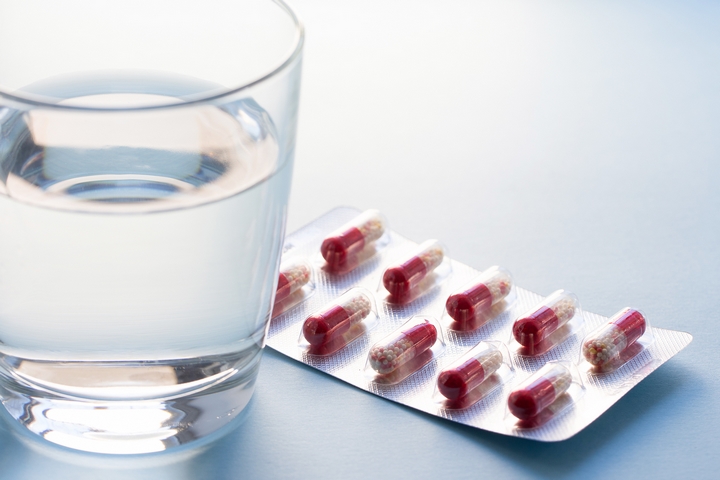
Taking over-the-counter pain medication is one of the first things that comes to mind when dealing with mild pain. And indeed, pain medication such as Advil, Tylenol or Aspirin can help stop tooth pain at night.
If your tooth pain is so severe that painkillers don’t help, you should see a dentist. They will be able to prescribe you stronger pain relievers or recommend a treatment that will relieve your toothache once and for all.
2. Apply a medicated ointment
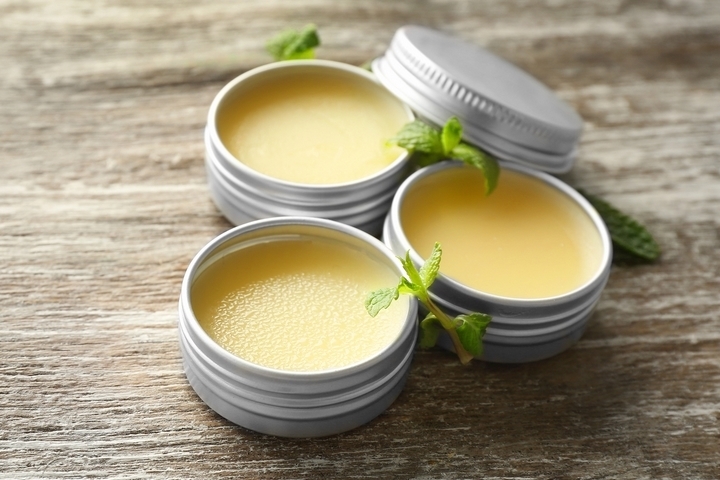
Instead of taking a pill, you could use a medicated ointment or gel to numb tooth pain. Look for an over-the-counter product that you can apply to your painful tooth and your gums.
These ointments contain benzocaine, which will help dull your pain so you can fall asleep and stay asleep until it’s time to wake up in the morning.
3. Apply a cold compress to your jaw
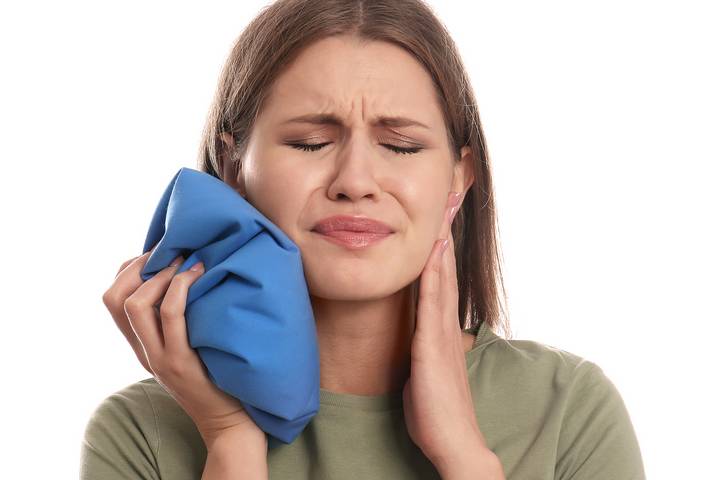
Applying a cold compress to the side of your face that hurts will help reduce your tooth pain, making it easier for you to fall asleep.
Wrap an ice pack or a bag of ice cubes in a small towel, and apply it to your jaw for no more than 20 minutes. You can do this right before going to bed or once every hour in the evening, which could help prevent tooth pain.
4. Rinse your mouth with salt water

Put some salt in a small glass of water, and rinse your mouth with this solution before going to bed. Salt has antibacterial and anti-inflammatory properties, so if the tooth pain bothering you at night is caused by an infection, salt water should help you feel better.
Rinsing your mouth before going to bed will wash away any food debris hiding in your mouth, helping you prevent cavities and other issues.
5. Rinse your mouth with hydrogen peroxide
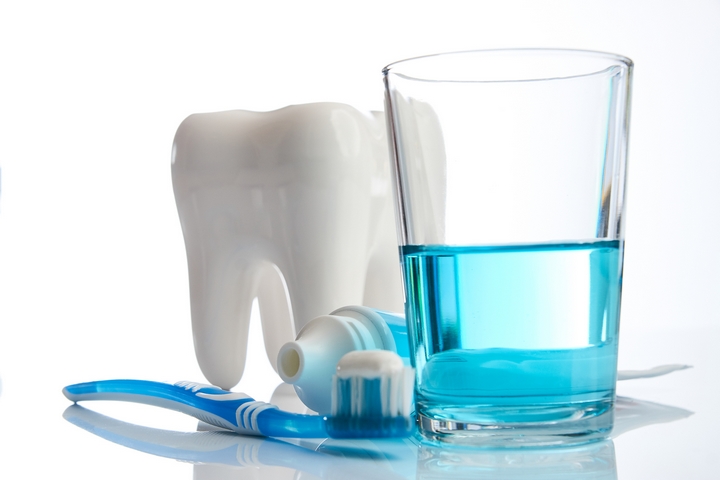
Instead of salt water, you can rinse your mouth with hydrogen peroxide to stop tooth pain at night. Use a mouthwash that contains hydrogen peroxide, or prepare a solution with one part hydrogen peroxide and two parts water.
Swish it before spitting it out, and be sure not to swallow it.
Hydrogen peroxide has antibacterial properties and can help relieve tooth pain and soreness.
6. Use clove or make clove paste
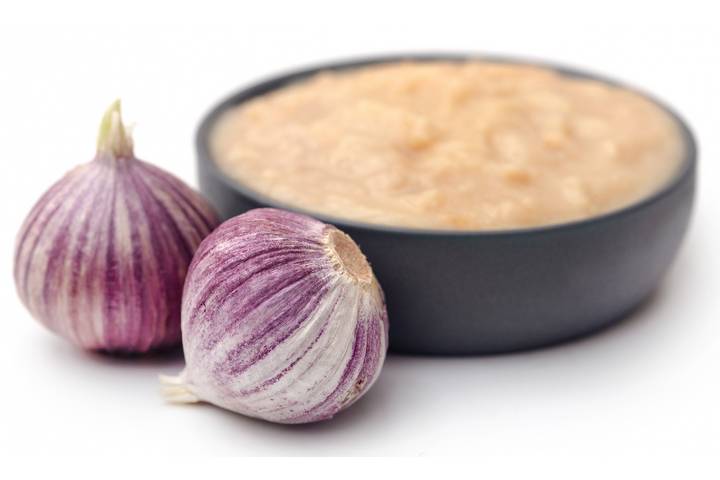
Cloves contain a compound called eugenol, which helps relieve pain and inflammation. It even has analgesic properties, meaning it can effectively and naturally numb tooth pain so you can sleep at night.
To benefit from the properties of eugenol, you can suck on a clove, then let it stay near your painful tooth for some time. You can also prepare some paste by soaking ground cloves in water and applying it to the painful area.
7. Use peppermint tea
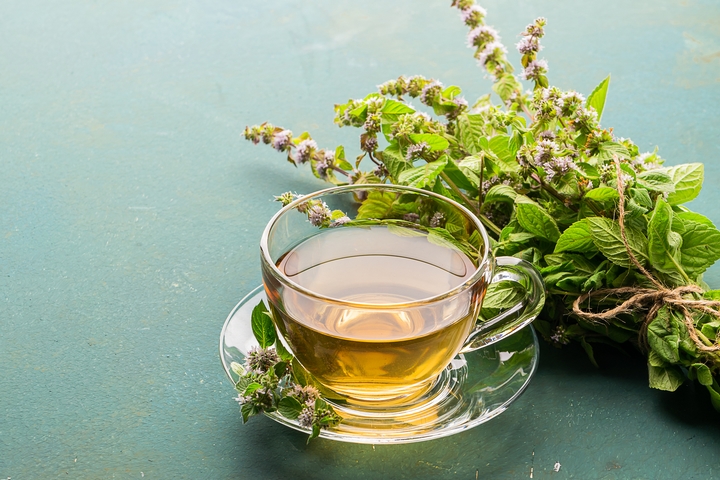
If you don’t have cloves in your kitchen, you can suck on a peppermint tea bag instead. Peppermint also has antibacterial properties and can help numb tooth pain, so it doesn’t keep you awake at night.
If you don’t want to suck on a tea bag, prepare peppermint tea, let it cool down, then use it to rinse your mouth.
8. Elevate your head with an extra pillow

Since blood tends to pool in your head when you lie down, elevating your head so it stays higher than your body should help stop your toothache.
One or two extra pillows could be all you need to prevent pressure and inflammation from worsening your tooth pain at night. Just ensure you stay comfortable when you sleep with your head propped up, so you don’t have neck pain in the morning.
9. Avoid certain foods before going to bed

Do you like eating snacks before going to bed? Be careful what you eat because some foods might make your tooth pain worse.
Avoid hard food that is difficult to chew, and avoid cold food if you have sensitive teeth. You also need to avoid sugary or acidic foods. Sugar feeds the bacteria in your mouth, which are responsible for plaque, cavities, and tooth pain.
As for acidic foods, they are slowly damaging the enamel of your teeth, making them more vulnerable to tooth pain.

